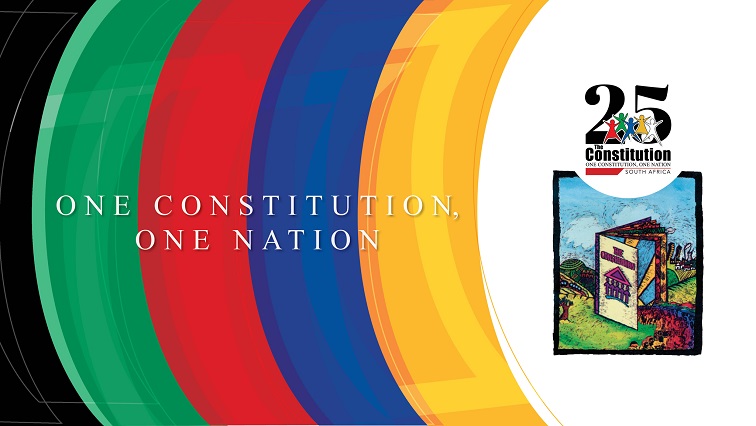Friday marks the 25th anniversary of the late former president Nelson Mandela’s signing of South Africa’s Constitution in the Vaal.
Section 26 of the Constitution places an obligation on the state to provide access to adequate housing.
However, the state does not often fulfil this obligation for a number of reasons including corruption in the allocation of subsidised housing.
Many people including residents of Sharpeville say the same people who are tasked to uphold their rights to decent housing are the ones who are violating them.
The Socio-Economic Rights Institute’s Edward Molopi says the state has been found wanting in fulfilling its obligation to provide decent housing to people.
Molopi says, “The implementation of some of the good policies such as the upgrading of informal settlements programmes have failed in practice. Even though the state might have legislated it, it has not followed through.”
“The state has fallen short of its own targets and goals in many cases. Many people find themselves in conditions where they face evictions because they are in unlawful occupation.”
South Africa’s Constitution to be commemorated:
South Africa’s constitution is lauded as one of the most progressive in the world and it heralded the intention to make a clear break from the country’s apartheid past towards a future that promised human rights and dignity for all.
The Constitution of the Republic of South Africa was approved by the Constitutional Court on the 4th of December 1996. It would take effect the following year, on the 4th of February 1997. This court serves as the ultimate guardian and the protector of the Constitution.
Before it took effect, the late former President Nelson Mandela signed the Constitution into law in Sharpeville in the Vaal Triangle on the 10th December 1996.
Sharpeville, one of the oldest townships was chosen as a commemorative gesture in remembrance of the 69 people who had died during a peaceful demonstration. They were demonstrating against the vicious pass laws on the 21st of March 1960.
The Constitution drastically transformed the legal, political, social and economic landscape of the country.
Crafting of a vision for a new democratic South Africa
At the time, the government asserted that the crafting of a vision for a new democratic South Africa, reflected in the Constitution, was a deliberate choice.
“That was a choice the ANC made to go for constitutional democracy; because parliamentary democracy proved to be a dictatorship that was used by the apartheid government for various and nefarious activities that lead to the perpetuation of prejudices against black people. There were no checks and balances. But in a constitutional democracy, there are checks and balances. The Executive: there is a separation of powers, there is parliament and there are courts which stand as a guard of the Constitution to make sure that everyone in society complies with the Constitution,” explains Minister of Justice and Correctional Services, Ronald Lamola.
The esteem the South African constitution enjoys is largely due to its attempt to give effect to citizens’ socio-economic rights. Besides human and political rights, Chapter 2 guarantees the right to housing, health care, food, water and education amongst others.
Lamola says inequality based on past racial discrimination necessitated the need to ensure redress. “The Constitution had to be transformative. It then gave a directive to the government of the day to put in place legislation to achieve socio-economic rights. Hence, we have been able to move progressively towards issues of water access, human settlement, and as you are aware the land. We have been able to do some work in terms of the Restitution Act as well as redistribution where we have been able to redistribute about 11% of the land which was not enough, but at least something was done,” says Lamola.
The recent debates around Section 25 of the Constitution have, however, questioned the Constitution’s ability to resolve issues such as land inequality.
Discussion on the failed vote for the amendment of Section 25 of the Constitution:






